If you have recently lost a tooth or had a tooth extracted, you may be thinking about your next steps. It is essential that you choose a replacement option in order to protect the integrity of your bite and smile. If you don’t fill the gaps in your smile, you are at risk of the rest of your teeth becoming loose and falling out.
Without the full support of all your teeth, your bite can shift and create problems with eating and speaking. Your teeth fit together in a certain way in order to work efficiently. When your bite shifts or you lose a tooth, it becomes a domino effect of issues that need to be addressed. If you receive a replacement option quickly, you will avoid many problems.
The question is: what is right for you? If you want a permanent, natural-looking solution, you could consider dental implants.

What Are Dental Implants?
Dental implants are surgical implants that replace your tooth and tooth root. An implant body made of titanium acts as the new root of your tooth. The implant body is surgically placed in the jawbone, creating a secure hold.
Attached to the implant body is an abutment, which is a screw that extends through the gum. A crown is attached to the abutment. A crown is an artificial replacement for your tooth and mimics the look of your actual tooth. It is the hard white portion of your tooth that sits above your gums.
Who Is A Candidate For Dental Implants?
If you can undergo a routine oral surgery or extraction, you may be a candidate for dental implants. There are a few stipulations that apply.
In order to receive a surgical implant in your gums, your gums must be healthy enough to support and hold the implants. If you have gum disease or bone loss, you may need other replacement options.
You also must have a solid oral health routine and visit the dentist regularly. While dental implants have a similar care routine as your natural teeth, you can still develop gum disease. You should still continue to attend teeth cleanings twice a year.
If you chew or smoke tobacco, you are likely not a candidate for dental implants because of your increased chances of gum disease and decay. You may talk to your dentist about other options.
Certain medical conditions or treatments may make it difficult for you to receive dental implants. Chronic illnesses like heart disease or diabetes may exclude someone from candidacy. Additionally, patients who have undergone chemotherapy or radiation will need to speak with their dentist to see if dental implants are a viable option.
Dental implants are excellent replacements for your teeth if you are a candidate. They both look and feel like natural teeth, which is an added benefit for your smile. Even your dental routine is more straightforward with dental implants because you treat them the same way you would natural teeth.
